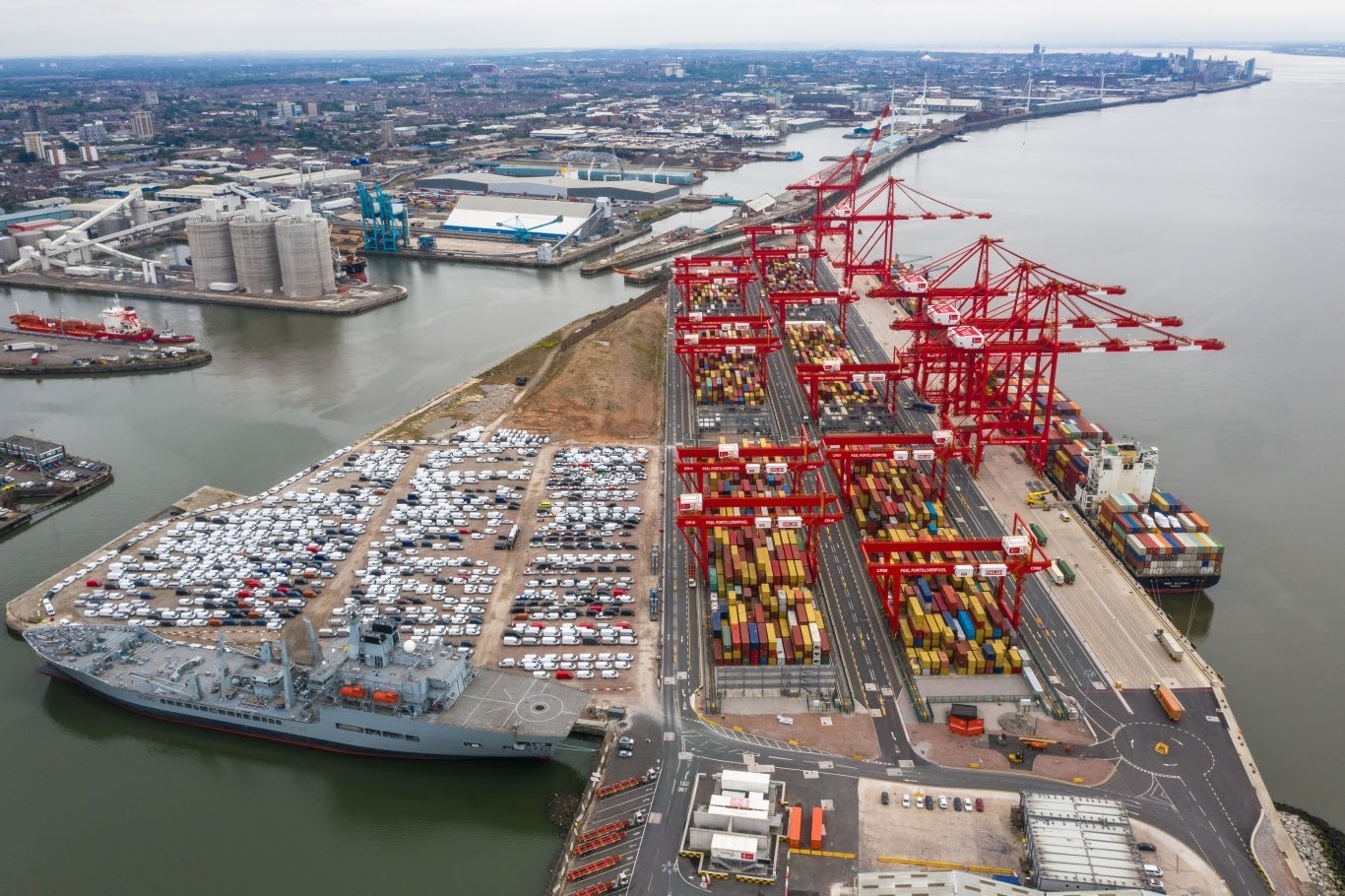Economic specialists have announced that the total value of imports in the United Kingdom have dropped by 8.8 percent compared to 2019. Since the pound sterling was highly competitive against the Japanese yen and the US dollar, the value of imports have also gone down, making it possible for some arbitrageurs to buy large amounts of goods at relatively inexpensive prices. This, in turn, has contributed to the growth of local markets where individual consumers in England, Wales and Scotland are able to purchase goods they might not have otherwise been able to if the market only sold those based on domestic production.
Financial reporters feel that the total value of goods imported into the UK in 2020 was around £445.9 billion, though this figure likely doesn’t include overseas territories. In spite of recent political actions, slightly more than 47 percent of these imports came from members of the European Union. Only 26.1 percent came from Asian markets, which have traditionally been considered the UK’s fastest growing trade partners.
This would seem to suggest a demographic shift not only in the value of goods being imported but also their nation of origin.
The Impact of Shifting International Demographics
Institutional importers that purchase a large number of retail products for sale in stores like Tesco and Carrefour largely buy manufactured goods from China, Taiwan and India. These products are purchased in bulk, which helps to reduce their cost to consumers. Smaller importers, however, aren’t normally able to purchase whole pallets of goods in this way. As a result, they normally work with dedicated mail and parcel services that are also equipped to manage certain import/export tasks. Considering that gems and precious metals represent the greatest amount of imports in the UK by value, it’s highly likely that a sizable portion of the nation’s imports are brought in piecemeal.
Jewelers and financial investors who import gold and silver have contributed a fair amount to the economy, and this sector is expected to continue to grow even as the local currency gets stronger. Assuming that the pound sterling continues to increase in value, some arbitrageurs might still be able to make strong profits in this way. Regulators have reduced opportunities for importers to make a significant amount of money in some fields that would rely on importing small batches of products, however.
How Safety Standards are Closing Certain Import/Export Holes
The durability and safety of certain at-home medical devices have come into question, which has reduced the number of opportunities for individuals to purchase these devices and sell them at a profit. Proponents of this kind of regulatory action say that this is not only needed to protect people from medical scams, but it’s also good for the local economy since it encourages domestic production.
Some imports like those of non-tangible goods and investment products, are difficult to trace. As the demand for these continues to grow, it’s likely that a greater amount of money will be spent on them with little to show for it in terms of traditional statistics. One UK-based investment firm is launching an actual exchange-traded product based solely on cryptocurrencies, which could technically tilt the balance of trade without actually seeming as though it could.
It’s been required to partner with a regulated venue in order to reduce the risk of fraud, but it’s unclear what sort of impact this will have on the overall balance of trade. Increases in the strength of local currencies often have a further deleterious impact on how much gets imported, which tends to in turn be positive for local markets.
The Upside of a Fallen Import Market
Outside of non-financial uses of gold and gemstones, it looks like many UK imports will continue to fall across the board. Opposition to a recent Australian trade deal could lead to even bigger reductions. While some might translate this into meaning that less money will be made by organisations that invest heavily in foreign manufactured goods, it also means that consumers might end up having more money in their pockets to purchase products. Imported foods and other health-related goods from continental Europe don’t have to move as far as those from distant markets, which can also help to further reduce costs related to international shipping.
Most importantly, however, some economists feel that this marks a return to stronger manufacturing and farming sectors in the UK’s home islands. That would translate into many more local jobs being created, which would naturally have a big impact on the unemployment rate as well as the economy as a whole.



 Bitcoin
Bitcoin  Ethereum
Ethereum  Tether
Tether  XRP
XRP  Solana
Solana  USDC
USDC  TRON
TRON  Cardano
Cardano  Lido Staked Ether
Lido Staked Ether  Avalanche
Avalanche  Toncoin
Toncoin